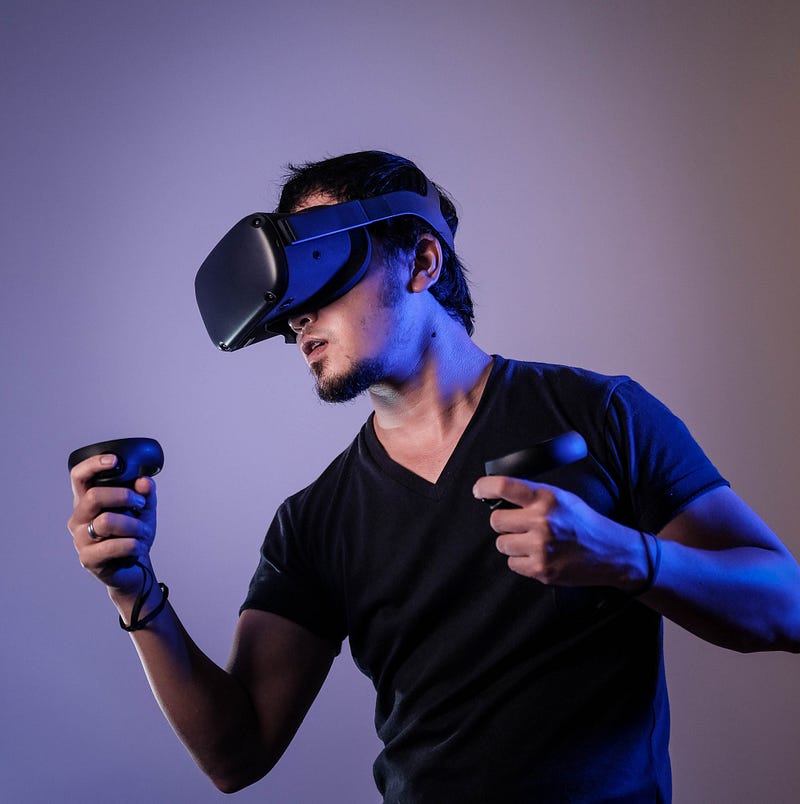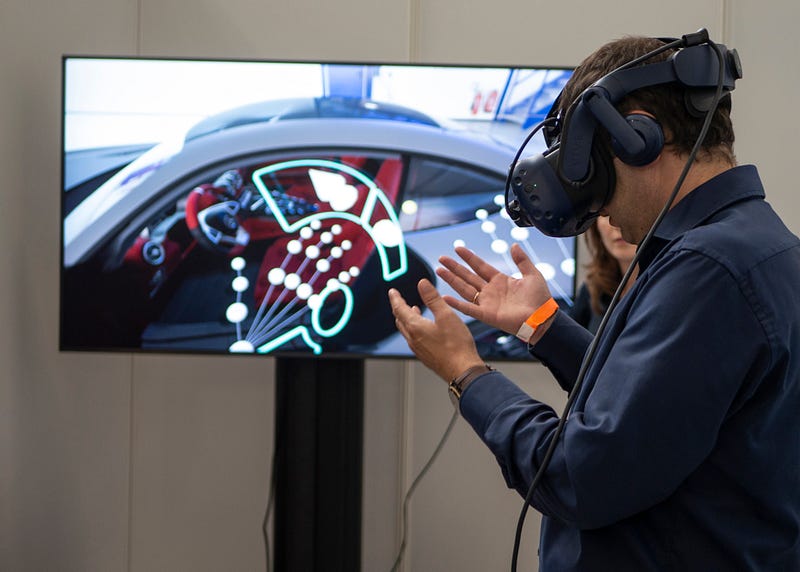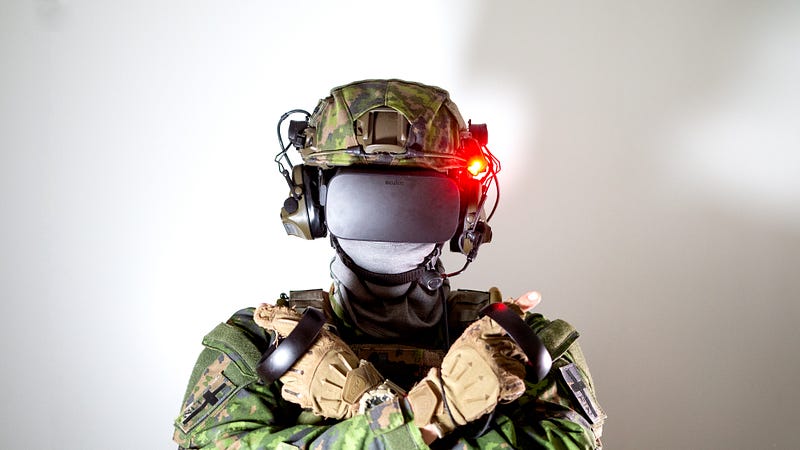Revolutionizing Perception: The Impact of Virtual Reality
Written on
Introduction to Virtual Reality
Virtual reality (VR) is emerging as a groundbreaking technology, poised to change the way we interact with our environment. By utilizing headsets, gloves, and various devices, VR immerses users in a digital realm that can engage our senses like never before. Its applications range from entertainment to education and therapeutic practices, showcasing an expansive potential. But what are the actual effects of virtual reality on our perception and engagement with the world?
The Significance of Immersion
One of VR's most impressive features is its capacity to foster a profound sense of presence. With the integration of 3D visuals, spatial audio, and tactile feedback, users can find themselves in extraordinarily realistic virtual settings. Research indicates that high levels of immersion can significantly influence users' emotional and physiological reactions, making VR a valuable asset for training, therapeutic practices, and even enhancing empathy.

Beyond Gaming: The Expansive Applications of VR
While VR is often linked to gaming and entertainment, its potential stretches far beyond these confines. It can be utilized in medical training simulations, architectural design, and military exercises, among other fields. Additionally, virtual classrooms can be created, offering interactive and engaging educational experiences for learners of all ages.

Ethical Considerations in VR Development
The advancement of VR technology prompts essential ethical discussions. As it gains traction, we must reflect on its impact on our reality perceptions and how it may influence our values and beliefs. For instance, VR can simulate violent or distressing situations, raising concerns about potential desensitization. Moreover, as VR finds more applications in sectors like healthcare and education, privacy and security implications must also be addressed. To harness the benefits of VR responsibly, we must prioritize transparency and accountability in its use.
